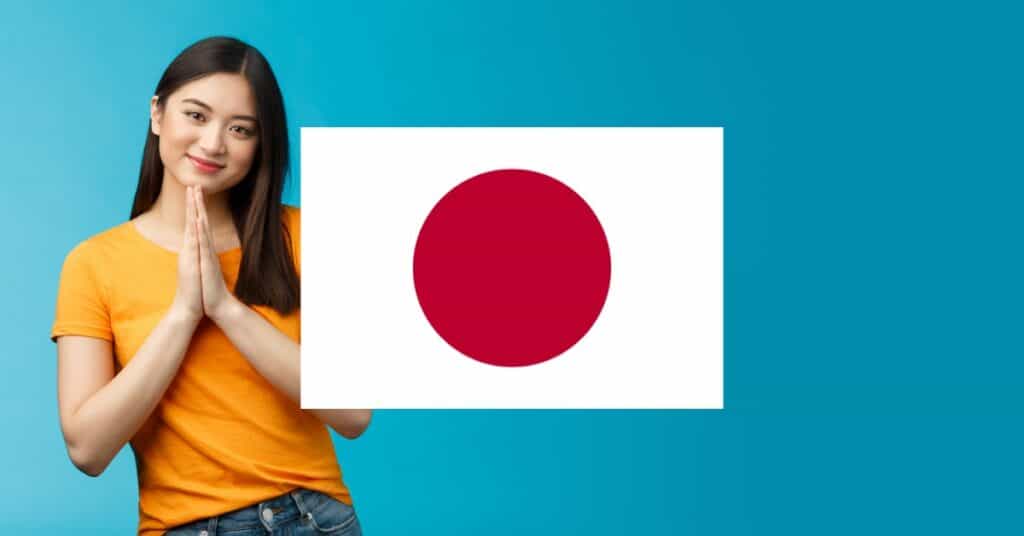Learning greetings in Japanese vocabulary is an important skill for communication. Greetings are essential in social interactions. By mastering these expressions, you can show respect and build relationships with native Japanese speakers. Knowing how to greet someone appropriately can make a positive impression. This knowledge can also help you navigate different social situations in Japan. Whether you are traveling, studying, or simply interested in Japanese culture, learning greetings will enhance your language skills. Start with basic phrases like "konnichiwa" (hello) and "arigatou" (thank you) to begin your Japanese language journey.
Games
Study Resources
Vocabulary
| English | Japanese |
|---|---|
| hello | こんにちは |
| goodbye | さようなら |
| thank you | ありがとう |
| you are welcome | どういたしまして |
| good morning | おはようございます |
| good afternoon | こんにちは |
| good night | おやすみなさい |
| how are you? | お元気ですか? |
| I am fine | 元気です |
Quick Facts
- Japanese greetings are an important part of Japanese culture and are used in everyday interactions.
- There are different greetings for different times of the day, such as "ohayou gozaimasu" (good morning) and "konbanwa" (good evening).
- Bowing is a common form of greeting in Japan, with the depth of the bow depending on the level of respect or formality.
- It is polite to use honorific language when greeting someone older or of higher status, such as adding "-san" to their name.
- Japanese people often exchange business cards when meeting for the first time as a form of greeting and introduction.









